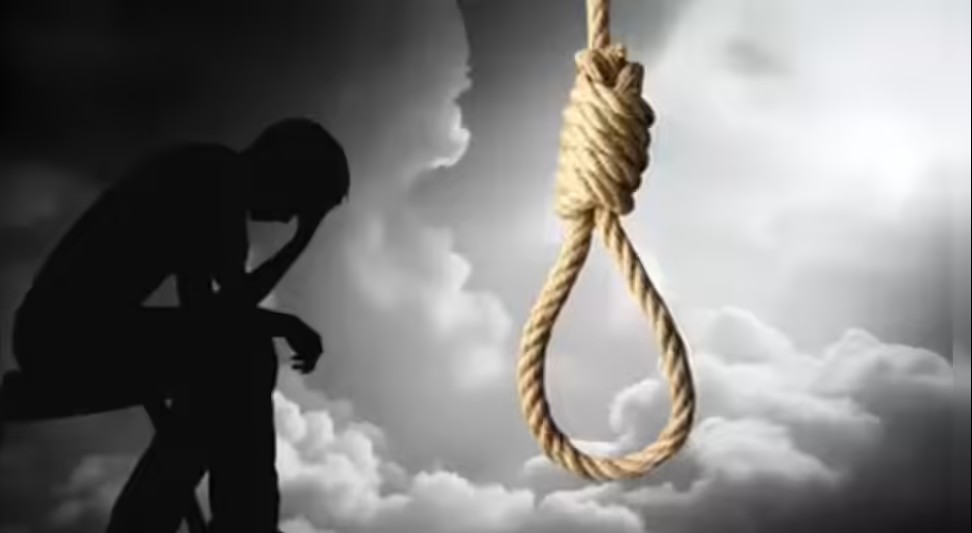
South Sudan recorded 507 suicide cases between January and August 2025, according to a new survey by the Community Empowerment for Progress Organization (CEPO).
The civil society group warned that unless urgent action is taken, the numbers could climb further due to economic hardship, social pressures, and political instability.
Releasing the report in Juba, CEPO’s Executive Director, Edmund Yakani, described the findings as a wake-up call for both the government and citizens.
He said the figures were collected through police records, media reports, and community early warning officers across the country, though he acknowledged the data may not be fully comprehensive due to limited reporting.
Central Equatoria State accounted for the majority of cases, recording 301 deaths — almost 60 percent of the national figure.
Of these, 109 were men, including 19 youths, while 192 were women, among them 83 housewives and 53 girls forced into early marriages.
Yakani said the number in Central Equatoria had doubled compared to the same period last year, rising from 21 percent to 43 percent.
Upper Nile State followed with 15 percent of cases, up from 10 percent last year. Eastern Equatoria, Western Equatoria, Western Bahr el Ghazal, Northern Bahr el Ghazal, and Lakes each reported around 10 percent, also showing an increase from 7 percent last year.
Jonglei State, however, recorded a decline from 15 percent last year to 9 percent in 2025. CEPO attributed the drop to improved family incomes driven by increased participation in the fishing industry.
“This is a clear indicator that economic activity plays a big role in reducing suicide risks,” Yakani said.
CEPO identified several triggers fueling the rise in suicides, including worsening economic conditions, high unemployment, drug abuse among young people, insecurity, and forced or early marriages.
He linked these pressures to the country’s ongoing political instability, which he said has led to family breakdowns and rising mental health challenges.
“Suicide is a real threat to society across South Sudan. It requires urgent attention of the leadership of the country,” he stressed.
Yakani made three key recommendations:
Political Dialogue – He urged political leaders to resolve their differences peacefully, warning that the culture of violence was worsening the suicide crisis.
Invest in Trauma Healing – He called for investment in counseling and trauma-healing programs, with support from both government and South Sudan’s international partners.
Improve Reporting – He appealed for better data collection and encouraged citizens to report suicide attempts or suspected cases to strengthen prevention efforts.
Yakani also thanked the media for raising awareness and urged them to continue reporting accurately on suicide cases.

